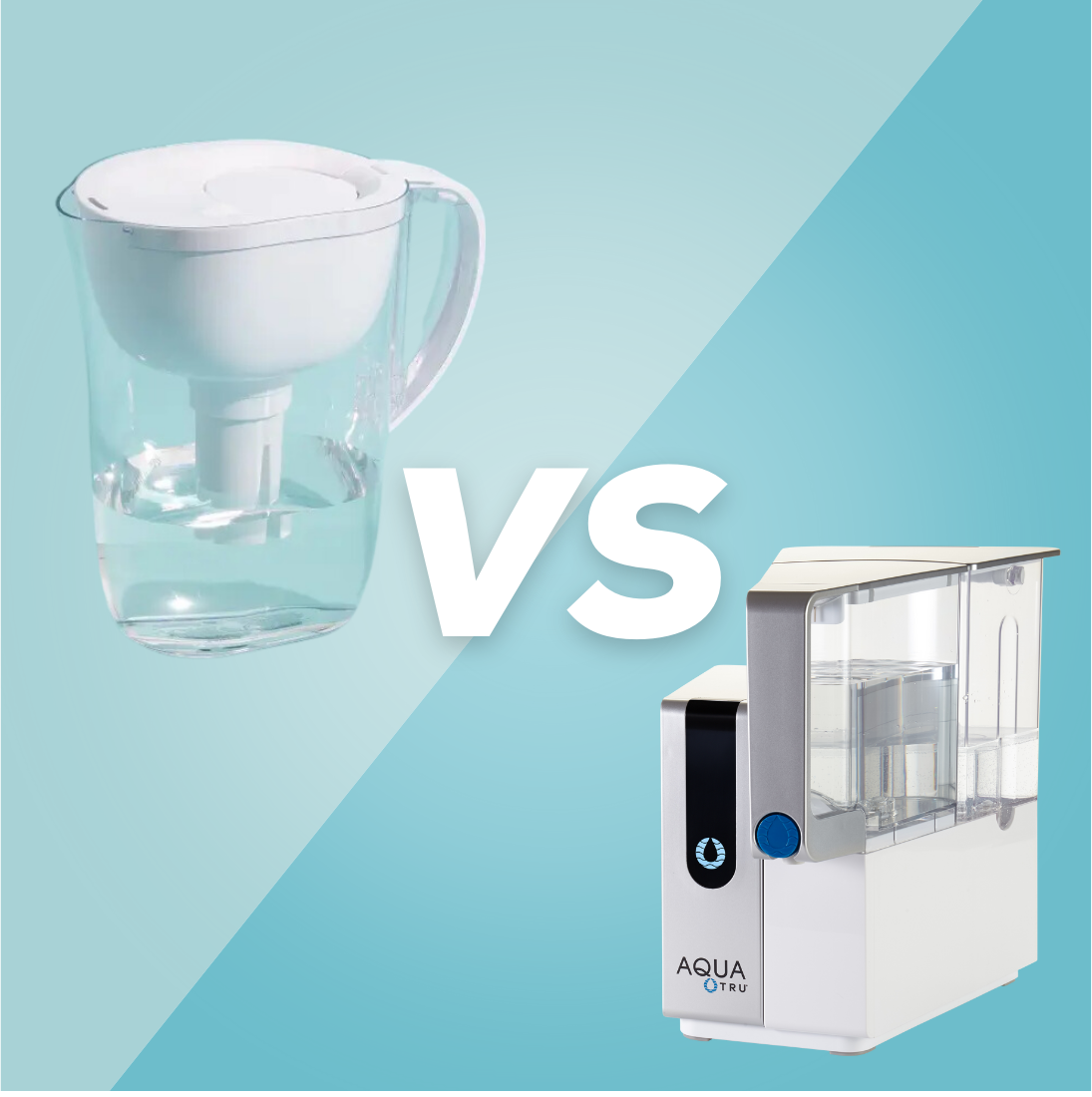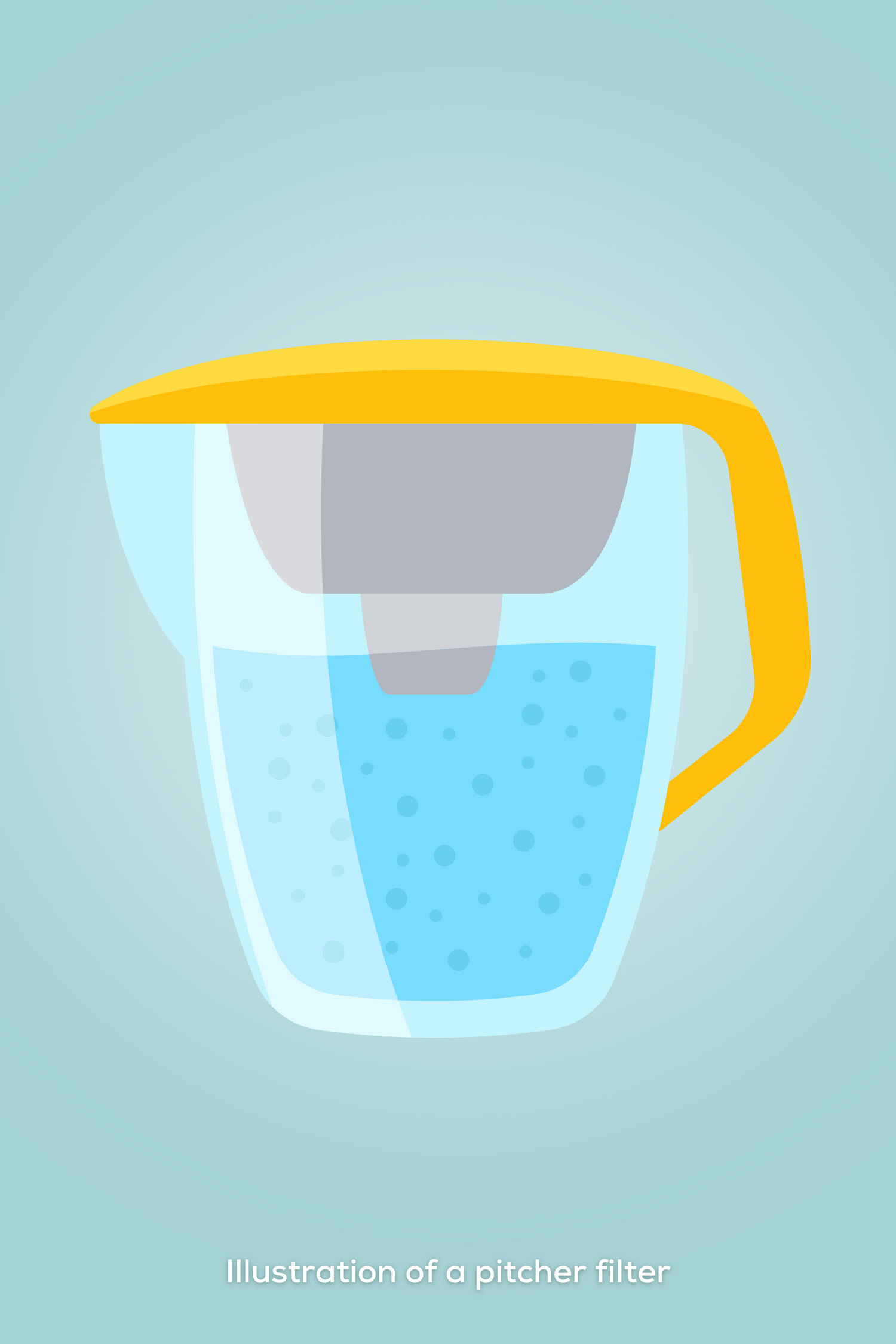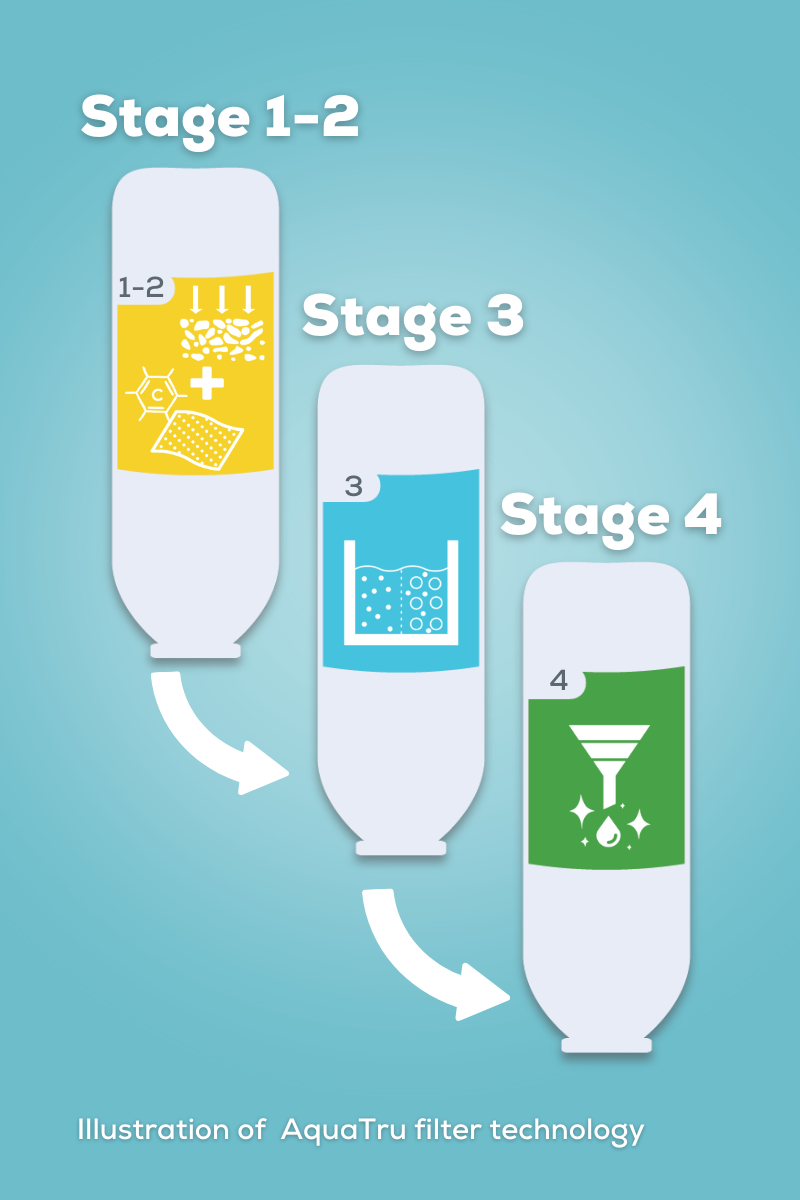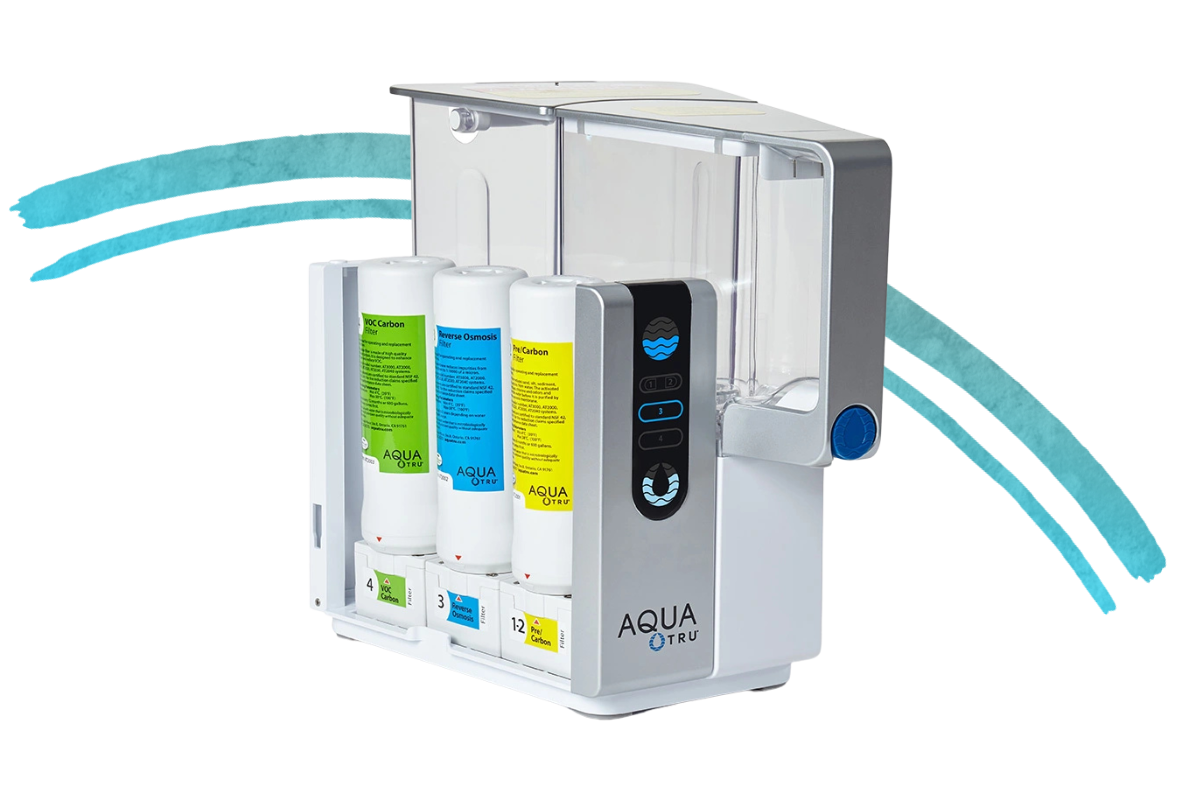Understanding water filtration:
Pitcher filters vs. reverse osmosis systems

Ensuring your household has access to clean, safe drinking water is a top priority. With water quality concerns ranging from unpleasant tastes and odors to harmful contaminants, it's important to explore the available filtration options. While pitcher filters offer a simple and affordable way to improve water taste and address minor impurities, reverse osmosis systems deliver more advanced filtration to remove a broader range of pollutants. Let's compare their features to help you determine the best choice for your needs.

How do pitcher filters work?
Pitcher filters are widely recognized for their ease of use and affordability, making them popular for basic water filtration. Here's an overview of their operation:
- Filling the reservoir – Unfiltered water is poured into the top chamber, preparing it for processing.
- Gravity filtration – Water flows through an activated carbon filter, which helps reduce chlorine, some heavy metals, and other impurities, improving taste and odor.
- Dispensing clean water – The filtered water collects in the bottom chamber and is ready to drink.
While most pitcher filters follow this straightforward process, some models incorporate additional technologies to address specific contaminants. These enhanced designs often include certification data outlining their performance against particular impurities. However, compared to advanced systems like AquaTru, their overall filtration capability is more limited.

How AquaTru's reverse osmosis system works
AquaTru's reverse osmosis (RO) system offers advanced water purification, surpassing the capabilities of standard pitcher filters. Its patented 4-stage filtration process is designed to maximize contaminant removal while maintaining ease of use for households.
The 4-stage filtration process
- Sediment pre-filter – The first stage removes larger particles, such as dirt, rust, and sand, protecting the system's components and improving performance.
- Carbon pre-filter – Next, the water passes through an activated carbon filter, which reduces chlorine, chemicals, and unpleasant odors. This step also extends the lifespan of the RO membrane.
- Reverse osmosis membrane – In the third stage, water is pushed through the RO membrane, eliminating nearly all contaminants, including heavy metals, pesticides, pharmaceuticals, microplastics and other harmful substances.
- Polishing filter – The final stage uses an additional carbon filter to refine the taste and quality of the water, delivering a consistently clean and fresh result.
AquaTru's filtration system is independently tested and verified to remove up to 99% of harmful impurities, ensuring exceptionally pure water for your household.
-
Key benefits of AquaTru’s RO filters:
- Superior contaminant filtration: they remove up to 99% of harmful substances, such as heavy metals, pharmaceuticals, pesticides and microplastics.
- Taste and odour improvement: the system significantly enhances the water's taste and smell.
- Durability: fewer replacements and maintenance are required compared to other systems.
- Ideal for home use: it provides a convenient, comprehensive solution for families seeking clean drinking water.
Comparing filtration systems: AquaTru vs. pitcher filters
Choosing the right water filtration system depends on your household's needs, budget, and preferences. Let's break down the key differences between AquaTru and pitcher filters to help you decide which option is best.
Cost and long-term investment
-
Pitcher filters are appealing for their low upfront cost, making them an affordable choice for those on a budget. However, the need for frequent filter replacements can lead to higher long-term expenses, especially for households with higher water usage. On the other hand, AquaTru requires a higher initial investment but provides substantial savings over time. Its durable filters and reduced maintenance needs make it a cost-effective option for those seeking a long-lasting and reliable filtration solution.
Environmental impact
-
Pitcher filters do not require electricity, which makes them an energy-efficient choice. However, frequent filter replacements that contribute to plastic waste offset their environmental benefit. AquaTru significantly reduces reliance on single-use bottled water while using a small amount of electricity. Its longer-lasting filters reduce waste, offering a more sustainable solution for environmentally conscious households.
Convenience and ease of use
-
Pitcher filters are lightweight, portable, and easy to use straight out of the box, requiring no installation. While this makes them suitable for quick and simple filtration, they often require frequent refilling and filter changes, which can become inconvenient for larger households. AquaTru, in contrast, features an automated system and larger tank capacity. This reduces the need for constant refilling and maintenance, providing a hassle-free experience and continuous access to clean water, making it especially ideal for busy families.
Filtration speed and capacity
-
Pitcher filters rely on gravity-based filtration, which operates slowly and may not keep up with the needs of larger households or those with higher water consumption. Their smaller capacity often means frequent refilling, particularly during heavy usage. AquaTru's reverse osmosis system delivers faster filtration with a higher capacity, ensuring a steady supply of purified water. This makes it well-suited for larger families or anyone prioritizing quick access to clean water without interruptions.
Contaminant Removal
Pitcher filters reduce common contaminants such as chlorine and improve taste and odor. However, they are limited in addressing more complex water quality concerns like heavy metals, pesticides, and pharmaceutical residues. AquaTru's reverse osmosis technology offers a more advanced solution, removing up to 99% of harmful substances, including total dissolved solids (TDS), heavy metals, chemicals, microplastics and microorganisms. This comprehensive filtration provides exceptional water purity and safety, making it ideal for households with high-quality drinking water.
Choosing a water filtration system means finding the right match for your needs. If you are looking for a simple and temporary option, pitcher filters can be a convenient way to improve taste and reduce basic contaminants. For those who want a more thorough approach to water purification, the AquaTru system provides a superior solution. Its advanced reverse osmosis technology is designed to remove many impurities while offering long-term sustainability. Review the performance data sheet for each model, including the Carafe and Classic, to ensure the system you choose meets your water quality requirements.









